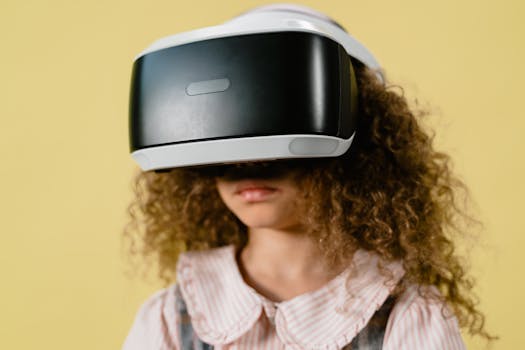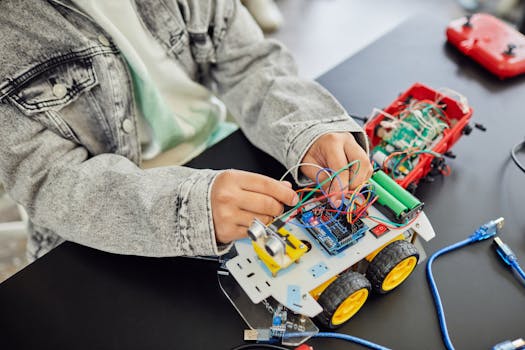
The Future of Education: What 2025 Holds
Introduction to the Future of Education

The future of education is rapidly changing, with technological advancements and shifting societal needs driving innovation in the industry. As we approach 2025, it’s essential to consider the trends and predictions that will shape the future of education. The focus keyword, Future of Education, is at the forefront of this discussion, as educators, policymakers, and technology developers work together to create a more effective and efficient education system.
Trends in Education Technology

One of the primary drivers of change in the education sector is the rapid evolution of education technology. From online learning platforms to artificial intelligence-powered adaptive learning tools, technology is transforming the way we learn and teach. Some of the key trends in education technology include:
- Personalized learning: using data and analytics to tailor learning experiences to individual students’ needs and abilities.
- Virtual and augmented reality: using immersive technologies to create interactive and engaging learning experiences.
- Artificial intelligence: using AI-powered tools to automate grading, provide feedback, and support student learning.
- Online and blended learning: using digital platforms to deliver instruction and support student learning, both in and out of the classroom.
Predictions for the Future of Education in 2025

Based on current trends and developments, here are some predictions for the future of education in 2025:
- Increased focus on skills training: as automation and AI continue to transform the workforce, education will shift towards skills training and preparation for an ever-changing job market.
- More emphasis on lifelong learning: with the rise of online learning and adult education, there will be a greater focus on supporting learners throughout their lives, rather than just during traditional education years.
- Greater use of data and analytics: education institutions will increasingly use data and analytics to inform instruction, assess student learning, and drive decision-making.
- More immersive and interactive learning experiences: virtual and augmented reality will become more prevalent in education, providing students with interactive and engaging learning experiences.
Conclusion

In conclusion, the future of education in 2025 will be shaped by technological advancements, shifting societal needs, and a focus on skills training and lifelong learning. As educators, policymakers, and technology developers, it’s essential to work together to create a more effective and efficient education system that prepares students for success in an ever-changing world.






